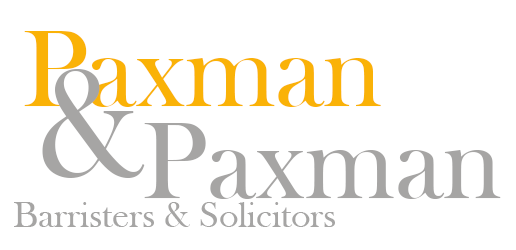There’s a lot of things I think Australians do better than the Americans. We (for the time being) make better cars. We speak and write English properly. We do sport better and don’t need padding because we’re not a bunch of sooks. And of course, we do gun laws better than our septic allies. We understand the simple logic of not trying to solve a problem guns by adding more guns!
But one area where the yanks are light years ahead of us is freedom. When it comes their central government: the Americans are very narcissistic and suspicious of any proposal to give more power to government at the expense of civil liberties. When an unarmed black man is shot dead by police in the US there will undoubtedly be riots and civil unrest in response, regardless of why the man was shot. Whereas in Australia, our “she’ll be right mate” psychology kicks in and such an event barely raises an eyebrow. And in my opinion, that is the biggest flaw in our nation’s otherwise good character.
That’s why I hope that people in this country sit up and take notice of the battle Apple is engaged in with the FBI. In case you missed it: the FBI is trying to force Apple to break the encryption defences on its customer’s products that causes all data on the device to be erased if the wrong encryption key is entered a certain number of times. The FBI cites the recent San Bernardino massacre as why this is a good idea.
In terms of their profit margins: it would probably be cheaper for Apple to roll over and simply play nice with the FBI and give them what they want. But they aren’t doing that as detailed in this open letter to their customers.
As Apple rightly points out, our personal privacy is a valuable commodity. Once our privacy surrendered: there is no getting back. Is our privacy a price really worth paying in order to look at the phone of one dead terrorist?
The FBI’s request to compel companies like Apple, Google and Microsoft to build a ‘government back door’ into their software and operating systems creates dangerous precedent that could potentially be misused or fall into the wrong hands.
It also opens the floodgates to further ‘government only’ features allowing interception and surveillance of your calls and messages, medical records, financial records as well as allowing access to your phone’s microphone and camera without your knowledge. And if governments are allowed to venture down this path: it is inevitable that private companies will ask to follow.
In Australia, we have already taken significant steps to throw away our rights to personal privacy when the federal government’s meta data laws were enacted last year; a move that is not dissimilar to what is currently being debated in the United States. These laws force telecommunications and internet service providers to harvest and store certain customer information and allow government to access that information. These laws were passed almost without notice in Australia. In the opinion of this criminal lawyer: that’s just bad as hard to understand as trying to solve a gun problem with more guns.
In the weeks and months to come, there will no doubt be a serious discussion within American society as to whether companies like Apple, Google and Microsoft should be forced to hand over access to data that their customers have unequivocally chosen to keep private by having it encrypted.
With any luck, it is a discussion that will ultimately incur enough rage from Americans that will force the FBI and law enforcement to back down. In doing so, Apple will not only succeed in defending American freedom: our freedom will have been defended as well.
And then hopefully the world can go back to watching funny cat videos and sharing hilarious memes about feral Collingwood supporters.
God bless America.


